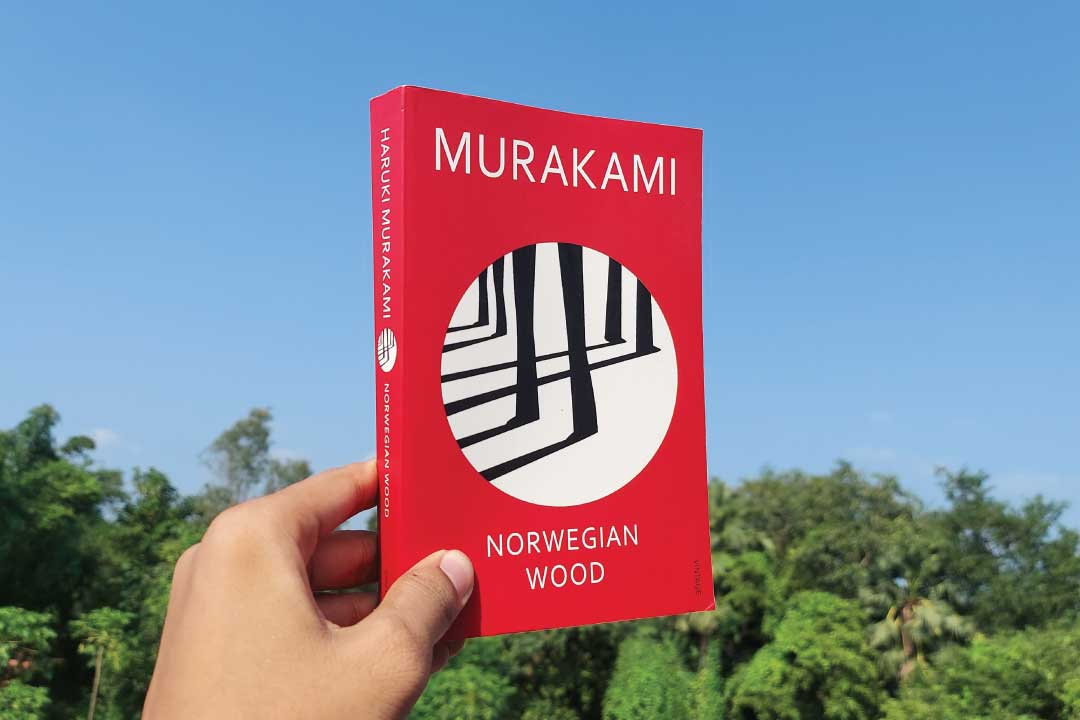Norwegian Wood by Haruki Murakami – A Simple Yet Profound Journey Through Love, Loss, and Life
If you’re familiar with Haruki Murakami’s books, you’ll know that they often blur the lines between reality and dream, filled with surreal elements, philosophical depth, and open-ended narratives. His writing style can be enigmatic, leaving readers both mesmerized and, at times, completely puzzled. That was exactly my experience when I picked up After Dark last year—a book so abstract and difficult to comprehend that I nearly gave up on Murakami altogether.
But then came Norwegian Wood.
Is Norwegian Wood Easy to Read? Yes. And No.
Let me just say it upfront—Norwegian Wood is perhaps the easiest Murakami book to read, especially for those who’ve previously struggled with his more complex works. The language is straightforward, the narrative is linear (a rare thing in Murakami’s world), and the emotional tone is grounded in raw human experiences.
If you’ve ever thought, “I want to read Haruki Murakami but I don’t know where to start,” this is it.
Yet, even in its simplicity, Norwegian Wood holds the depth and ambiguity Murakami is known for. The ending, like many of his stories, is open to interpretation. It doesn’t give you closure, but rather leaves you in a reflective space—a hallmark of his storytelling style.
Plot Summary: Love, Friendship, and the Weight of Loss
Set in 1960s Tokyo, Norwegian Wood follows the introspective Toru Watanabe as he navigates university life and the emotional aftermath of his best friend’s suicide. The story centers around his complicated relationships with two women—Naoko, a fragile and emotionally scarred girl from his past, and Midori, a lively and unpredictable classmate who brings a contrasting lightness to the narrative.
What makes this book special is how it tackles mental health, grief, young love, and the existential emptiness that often accompanies growing up. These are not just backdrops—they are the very fabric of the novel.
One line I found myself reading over and over again was:
“Death exists not as the opposite but as a part of life.”
This line perfectly encapsulates the quiet, aching truth that runs through the heart of Norwegian Wood. It’s philosophical, poetic, and heartbreakingly real.
Themes and Reflections: What Makes Norwegian Wood So Impactful
This isn’t just a love story. It’s a story about memory, loss, and the haunting ways in which the past shapes us. It explores how people cope differently with trauma and how some wounds never fully heal. It’s one of those books that lingers in your mind long after the final page.
Readers who are drawn to character-driven narratives with emotional depth will find Norwegian Wood deeply satisfying. It’s also a great entry point for those curious about the best Murakami books but unsure where to start.
Final Thoughts: Should You Read Norwegian Wood by Haruki Murakami?
Absolutely—especially if you’ve found Murakami’s work difficult to get into. Norwegian Wood is a beautifully written, accessible novel that still carries the emotional and philosophical weight of his more complex books.
Whether you’re looking for a book that explores mental illness in literature, coming-of-age stories, or just a deeply moving narrative, Norwegian Wood delivers.






